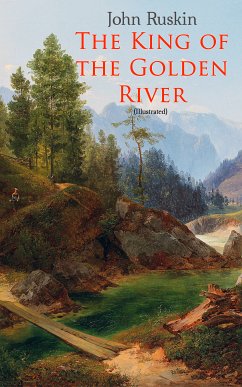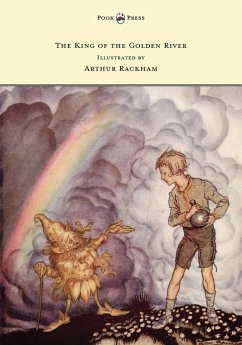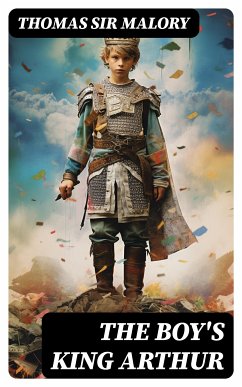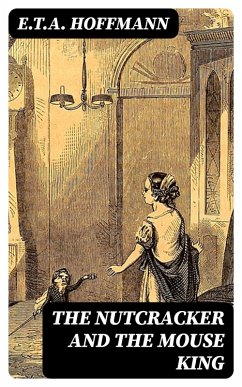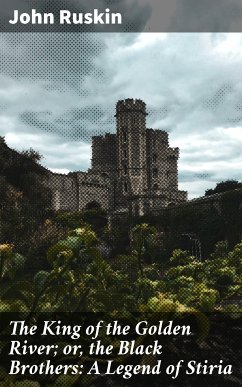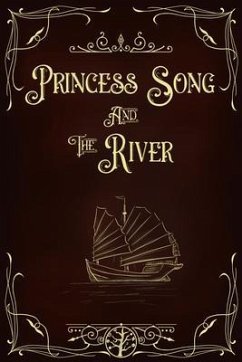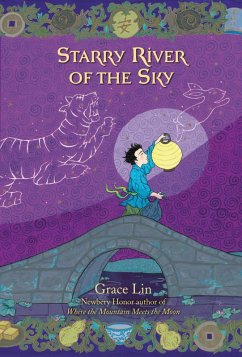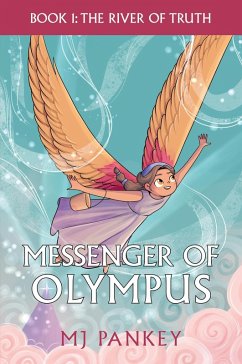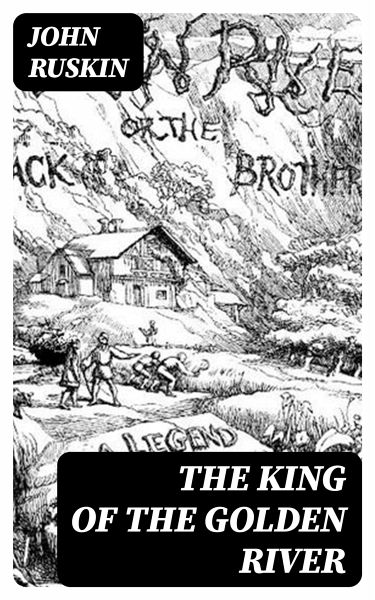
The King of the Golden River (eBook, ePUB)
Illustrated Edition

PAYBACK Punkte
0 °P sammeln!
In "The King of the Golden River," John Ruskin crafts a richly imaginative fairy tale resonating with moral allegory, set within the picturesque backdrop of the Tyrol Alps. This purported children's story stands out in Ruskin's oeuvre, blending elements of fantasy and social commentary while employing a lyrical and ornate narrative style reminiscent of the Pre-Raphaelites. The tale intertwines the theme of greed versus generosity, as it follows the journey of young Gluck who, with his kinder spirit, is pitted against his avaricious brothers in a quest for gold and redemption, ultimately culmin...
In "The King of the Golden River," John Ruskin crafts a richly imaginative fairy tale resonating with moral allegory, set within the picturesque backdrop of the Tyrol Alps. This purported children's story stands out in Ruskin's oeuvre, blending elements of fantasy and social commentary while employing a lyrical and ornate narrative style reminiscent of the Pre-Raphaelites. The tale intertwines the theme of greed versus generosity, as it follows the journey of young Gluck who, with his kinder spirit, is pitted against his avaricious brothers in a quest for gold and redemption, ultimately culminating in a poignant critique of materialism. Ruskin, a prominent Victorian art critic, social thinker, and philanthropist, infused his works with deep reflections on nature, society, and ethics. His profound appreciation for natural beauty, combined with a passionate critique of industrialization, undoubtedly shaped the moral foundations of "The King of the Golden River." By drawing from his experiences in the art world and his commitment to social reform, Ruskin encapsulates essential human values in this enchanting tale. This richly illustrated book serves as a profound yet accessible introduction to Ruskin's philosophy and aesthetic ideals, making it a must-read for both young audiences and adults seeking escapism through meaningful literature. His masterful synthesis of moral wisdom imbued in a whimsical narrative will leave readers reflecting on their values long after the last page.
Dieser Download kann aus rechtlichen Gründen nur mit Rechnungsadresse in A, B, BG, CY, CZ, D, DK, EW, E, FIN, F, GR, H, IRL, I, LT, L, LR, M, NL, PL, P, R, S, SLO, SK ausgeliefert werden.




